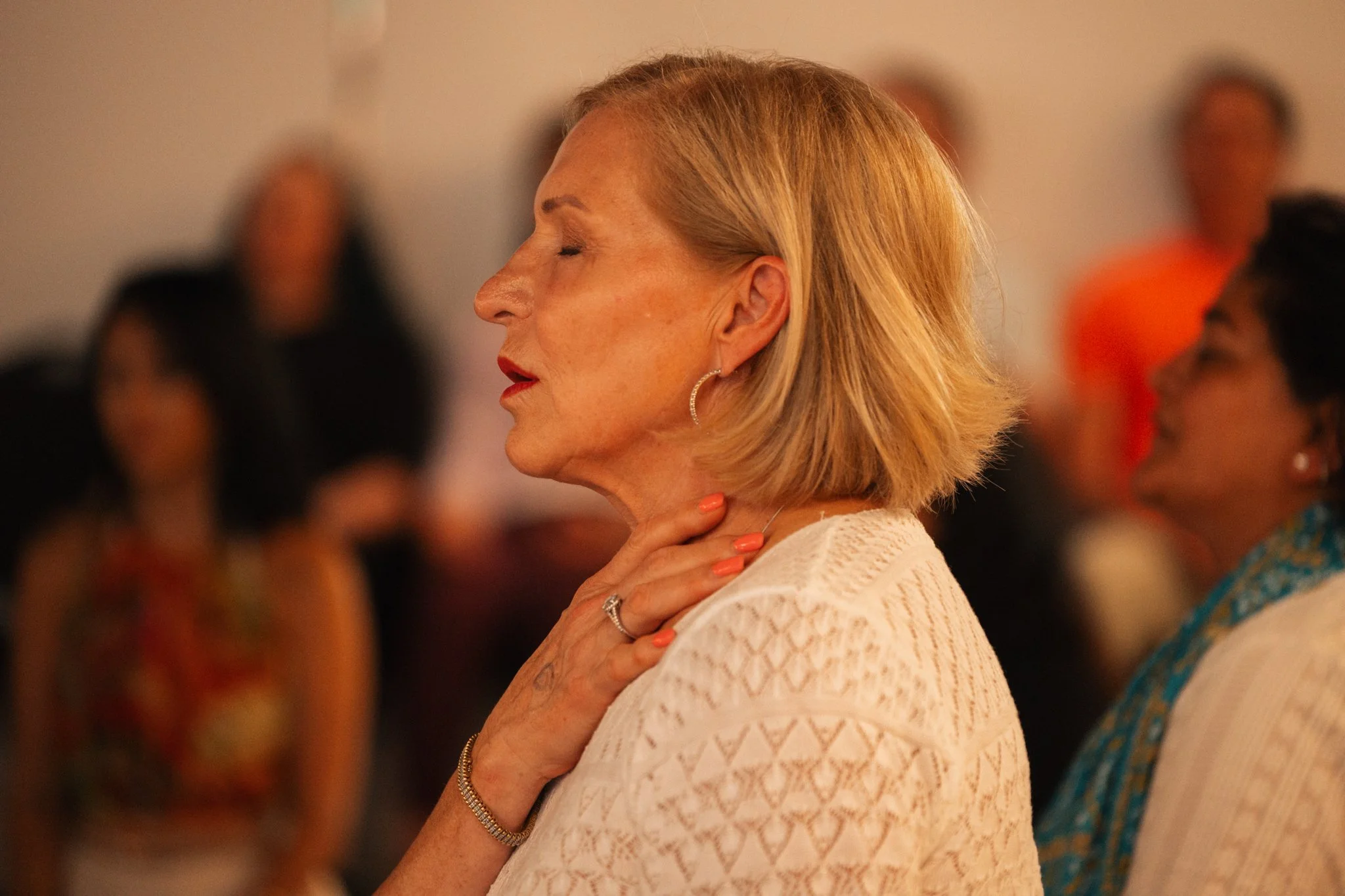Here Comes the Cold: How to Help Your Body This Season
In this latest blog, we’re not just talking about how to avoid getting sick, but how to feel resourced when your body needs a little more support throughout the season.
You might have noticed a few “symptoms” of fall creep in already. A sudden scratchy throat here, a reason-less dip in energy there. Your sleep feels heavier, or at least the getting up part. You’re suddenly craving or taking in more sugar with or without realizing.
Maybe your body’s holding off a bug that’s gone through your home, even just barely. It’s easy to chalk this all up to another “cold and flu season” in Ontario, but there’s so much more happening beneath the surface, our surface.
Each year, the shift from warm to Canadian cold brings subtle and not-so-subtle changes to the way our systems operate. We move less. We eat differently. We see less sunlight. We breathe dry indoor air and drier outdoor air. Our nervous systems stay busier for longer.
And when all that adds up, our bodies need more support, not more pressure.
Why You Feel Run Down As Seasons Change
It’s not always about getting sick. Many people feel “off” during fall and winter, even without catching a virus. Here’s why that might be happening:
Your nervous system is carrying more load - Less natural light, more overstimulation, and the social or work pressures of the holiday season can all drain your internal resources.
Your breath is under more strain - The shift from outdoor air to dry, recirculated indoor air can challenge your lungs and sinuses.
Your digestion slows down - Colder weather may make your system feel heavier, more reactive, or slower to process food.
Your immune system is multitasking - It’s constantly scanning and responding, not just to viruses, but to temperature changes, stress, and internal inflammation.
This doesn’t mean you’re doing something wrong. It means your body is asking to be resourced differently.
How to Support Your Immune System in Fall and Winter
Contrary to common messaging and marketing, your body doesn’t need to be “boosted,” it needs to be supported where it’s at. That means giving your systems what they need to function with steadiness and ease.
Start With Your Breath
The way we breathe shapes everything from stress response to immune readiness. Practices like guided breathwork can help clear the lungs, calm inflammation, and reset your baseline after long days indoors.
Focus on Rhythm, Not Restriction.
You don’t need a perfect routine, but your body does respond to rhythm. Meditation, movement, and sleep rituals help reduce nervous system strain, which gives your immune system room to do its job.
Don’t Overlook Digestion
Your gut is central to your immunity. If you’re feeling sluggish, bloated, or off, a gentle check-in with a holistic nutritionist can help tailor your meals, herbs, or habits to the colder season. No dieting, just rebalancing.
Explore Energetic and Emotional Layers.
Humans are like onions (or cakes), we have layers.
Sometimes, we feel run down because our energy or stress is scattered or stuck among these physical and metaphorical layers. Energy healing, naturopathy, Traditional Chinese Medicine or psychotherapy can help release what your system is holding onto, especially during emotionally charged seasons.
Make Room for Rest
Deep, intentional rest isn’t a luxury, it’s a form of immunity.
Sessions like sound bowl healing, salt cave integration, or even low-effort yoga and movement classes can help your system shift out of stress mode and into repair mode.
Finally, No Need to “Power Through”
You don’t have to push your body through the season, and you certainly don’t have to chase immunity like it’s a finish line.
You can simply respond with curiosity, with care, and with the kind of support that meets you where you are.
When your body is asking for more, you don’t need to do more. You just need the right rhythm, the right guidance, and the right environment to feel resourced again.
We’d love for the above to be my vitae.

